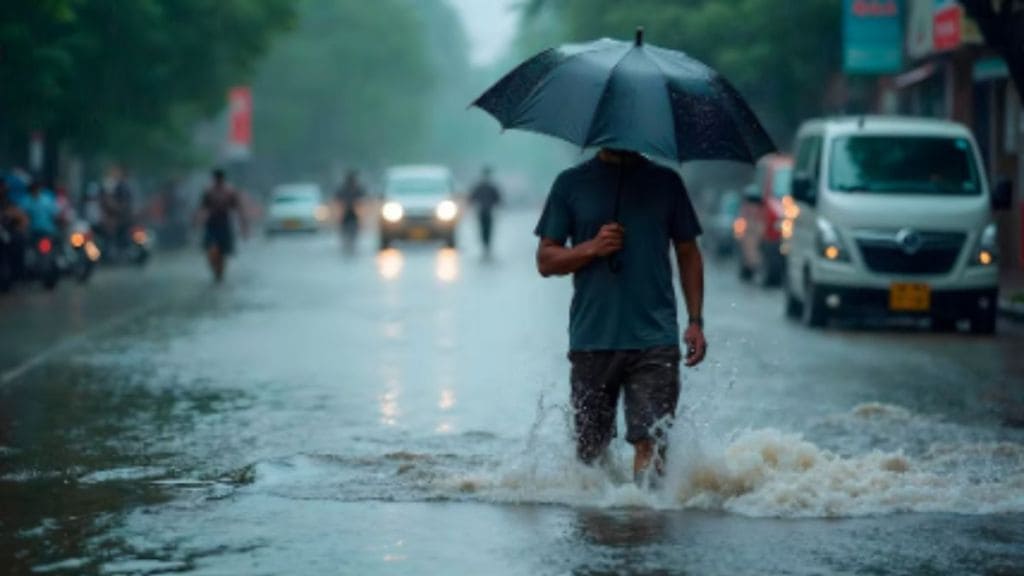Heavy rains have once again left Mumbai in a mess. Roads are flooded, traffic is stuck for hours, and local trains are running late. Many schools and offices had to shut down as water entered low-lying areas. For most people, walking through knee-deep dirty water has become a daily struggle.
The stagnant water is now creating a bigger health problem. Mosquitoes are breeding rapidly, leading to a sharp rise in dengue, malaria, and chikungunya cases across the city. But doctors warn that it’s not just mosquito-borne illnesses people need to worry about. The excessive rain is also leading to leptospirosis.
What is leptospirosis?
Leptospirosis is a bacterial infection that spreads through water contaminated with the urine of infected animals, mainly rats. During floods, this dirty water mixes with sewage and garbage. People who walk through it, especially barefoot, are most at risk.
“The bacteria can enter the body through small cuts, wounds, or even healthy skin if you stay too long in dirty water,” explained Dr. Bharat Jagiasi, Director, Critical Care Medicine, Kokilaben Dhirubhai Ambani Hospital, Navi Mumbai. “That is why municipal workers, daily commuters, and anyone stepping into flooded streets are more exposed,” he said.
Leptospirosis symptoms to watch out for
The infection often starts with signs that look like the flu. Fever, chills, headache, body pain, vomiting, and redness in the eyes. “Many people think it’s just viral fever and ignore it,” said Dr. Jagiasi. “But if not treated, leptospirosis can damage the kidney, liver, or even cause breathing problems. Early antibiotics can make a big difference,” he further said.
Safety tips during floods
Dr. Jagiasi urges people to take simple precautions during the monsoon to stay safe. He advises avoiding walking in stagnant water as much as possible, and if stepping into it is unavoidable, never go barefoot. “Cuts and wounds should be covered with waterproof bandages, and protective footwear like gumboots or waterproof shoes is recommended. After exposure, washing your legs and feet thoroughly with soap and clean water is essential,” Dr. Jagiasi said.
He also shares that anyone who shows signs of fever, body ache, or sudden weakness after walking through rainwater should see a doctor. In certain high-risk situations, preventive antibiotics may be prescribed, but only under a doctor’s supervision.
Why prevention matters
Doctors say one of the biggest mistakes people make is ignoring fever as ‘just viral’ during the rains. “Even mild symptoms after floodwater exposure should not be ignored,” warned Dr. Jagiasi.
For Mumbai, the monsoon is both a blessing and a problem. While the rains bring relief, they also bring the risk of disease.

